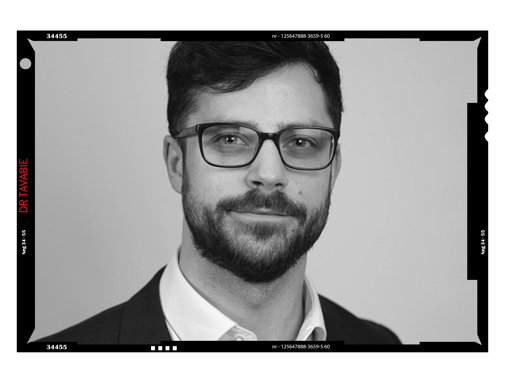What matters most to you? What matters to those you care about?
I’m often privileged to see examples of really excellent person-centred care at work. Be it in making sure the young woman who has had cancer treatment has her wig on at all times, even when she’s too poorly to adjust it herself; the Jewish man set up for a video call so that he can still join the Shabbat dinner even though he’s unwell on optiflow; or the woman dying in her own home, with her children, her cats and a lifetime of memories around her – these are the moments that make my job worth doing.
Working as a palliative medic, ACP (advance care planning) is key to my daily practice. It’s exploring people’s priorities, fears and future plans so that we can have more of the above, and less of the tension where we as medics often default to over-medicalisation of the dying stages of someone’s life. While there is specific guidance around DNACPR (do not attempt cardiopulmonary resuscitation) orders, and to some extent ‘treatment escalation plans’, ACP has tended to be conflated with that, and nebulous. This limits the possibilities for our conversations, restricting focus to only ‘not restarting’ stopped hearts and where one wants to be when one dies.
ACP, at its core, is a series of conversations about what matters most to a person in life and how it might change if they become less well. These priorities are then used to frame health and care decisions so we can plan ahead together, and support the person when they’re less able to advocate for themselves. These are tender conversations that can be with care professionals, friends, relatives or anyone with whom you’re willing to share in this very human, intimate way. They are recorded, alongside any preferences around care (including location) and medical decisions (including treatment escalation plans) in a way that is useful for those that don’t have the time or opportunity to have the discussion.
Last year, the CQC reported on the practices around DNACPR orders during the COVID-19 pandemic and recommended some changes to the current, inconsistent models and practice. They suggested a MOG (ministerial oversight group) tasked with reviewing the state of play and making recommendations to change how we engage with the public, with professionals and how we communicate preferences, where these have been outlined.
I joined the BMA committee on community care to give palliative care insights, and brought this issue to their attention. We formed an ACP working group, with representatives from primary and secondary care and our patient liaison group. We brought together our experiences and expertise to influence the MOG through the BMA’s seat in the process. We honed in on our purpose, guided by the RCGP’s End-Of-Life Care Partners thinktank and their charter and videos outlining a ‘what matters most’ approach to ACP.
Thanks to the support of BMA staff, we gave comments on the new ‘Universal principles for advance care planning’ created by NHSE and jointly published by 28 organisations, including the BMA. Using the group’s experience, we focused on what matters for good ACP, advocating for person-centred conversations, for accessible resources and for equity of access to care. The document really speaks to these principles, and we are very proud to have contributed in this way. Next, we’ll regroup and see how we can influence the implementation and rollout.
When I think about why this is so important, I remember a patient from my early years as a doctor, while working a night shift in the middle of winter. Speaking to that person and their loved ones about what mattered most to them changed their death from a clinical one on HDU with monitors, masks and multiple lines, to a peaceful one, in a side room with her family around her, having popped out for a smoke in her hospital bed despite ‘medical advice’ to the contrary (and the snow).
I still have the remaining 19 cigarettes from that packet (gifted to me by her daughter) on my desk as I write this, reminding me that what matters most to the person is often quite different to what matters most to the clinicians, and the only way to find out is to ask.
Simon Tavabie is a specialist registrar in palliative medicine working in east London. At the BMA, he is a representative to the committee on community care and co-chair of north Thames regional junior doctors’ committee

